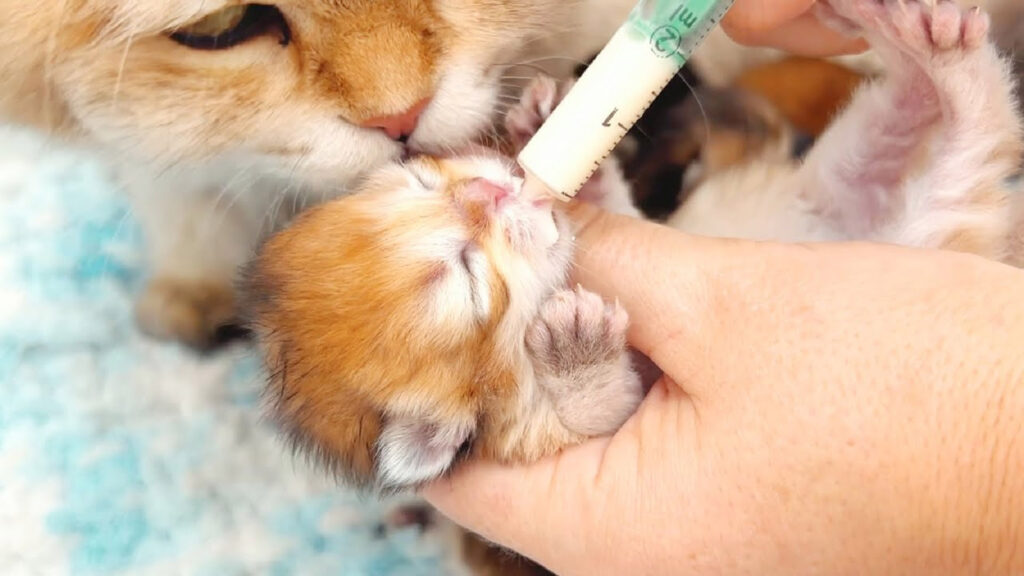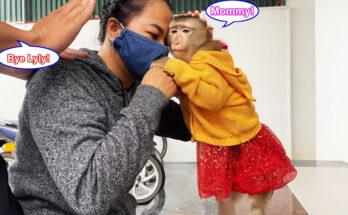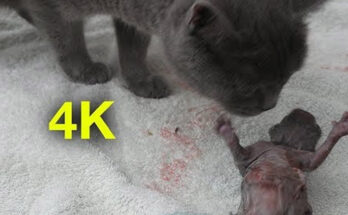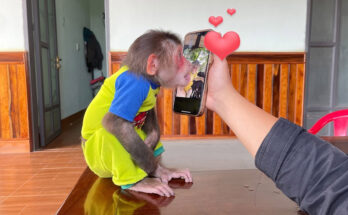When a mother cat gives birth, we all hope she will immediately care for her newborn kittens—cleaning them, warming them, and helping them nurse. But sometimes, especially in the first few hours of life, things don’t go as smoothly as we expect. That’s when humans step in with tiny bottles and warm formula, doing everything they can to give the kittens a fighting chance.
There are several reasons why we bottle-feed kittens before returning them to their mom, and each one could mean the difference between life and death.
Sometimes mama cat is exhausted from a long, difficult labor. She might lie still, breathing heavily, unable to focus on her crying newborns. While she recovers, the kittens still need colostrum and energy. If they go too long without food, their body temperature drops, and their tiny organs struggle to work. Bottle-feeding during those early minutes keeps them stable.
Other times, mama cat is a first-time mother and doesn’t yet understand what to do. She may look confused or overwhelmed by the tiny creatures wriggling around her. A short period of bottle-feeding helps the kittens stay healthy while giving the mother time to adjust and recognize her babies.
There are also cases where kittens are born too weak to nurse on their own. A breech birth, low birth weight, or trouble breathing can leave them unable to latch. Bottle-feeding gives them the strength they need until they can nurse naturally.
And sometimes mama cat simply doesn’t have enough milk at the start. Her body may take hours to catch up, leaving her kittens crying from hunger. Feeding them temporarily ensures they don’t fall behind in those crucial early hours.
But the most important part?
Bottle-feeding is only ever a temporary step. The moment the kittens are strong enough—and the mother is ready—they are reunited. Nothing replaces a mother’s warmth, her grooming, and the natural bond she brings. Humans simply bridge the gap, helping the kittens survive long enough to return to her loving care.



